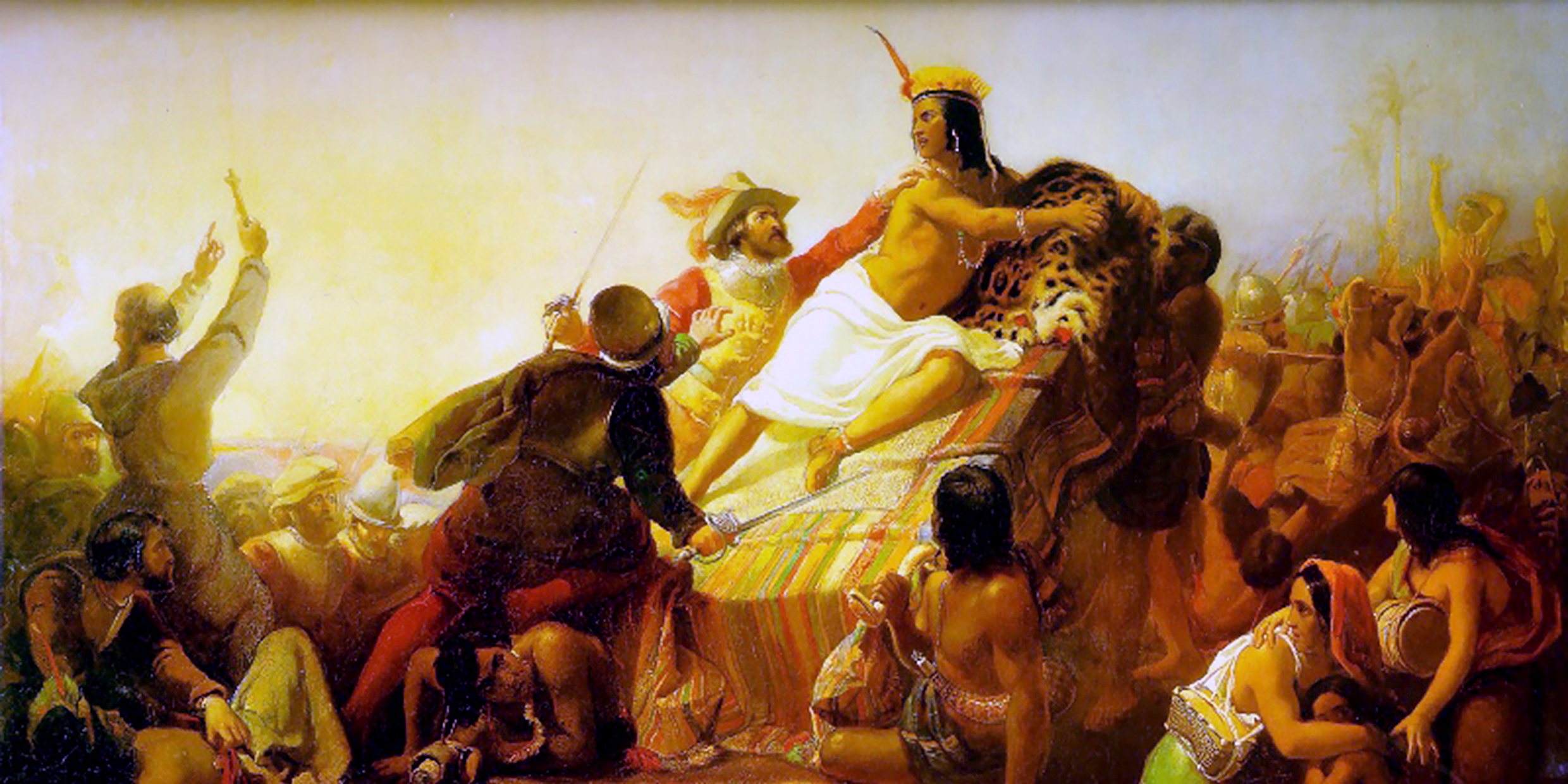Originally published 5 July 1999
Some nations are rich, others are poor.
We learned this fact at an early age when our mother’s told us about “starving children in China” whenever we left food on our plates.
China has since become rather more prosperous, but differences between developed and undeveloped nations remain as great as ever. Consider those pitiful pencil-thin children from the Horn of Africa that we see on TV news and public service advertisements.
Disparities of affluence cry out for explanation. Traditionally, they have been explained one of two ways: God favors certain nations and peoples over others; or, the peoples of developed nations are biologically superior (that is, more intelligent) than the peoples of undeveloped nations.
Astonishingly, these bogus explanations are still alive and well today, even (especially?) in America.
Science provides scant evidence for the truth of either theory.
Of course, there can be no evidence for God’s special favor that could count as scientific. However, the wreck of cultures caused by religious strife, such as in Kosovo or Northern Ireland, would suggest that God’s influence, if it exists, can be less than helpful.
Psychologists and social scientists have labored long and mightily to demonstrate intellectual disparities among peoples and races, an activity of dubious merit. The fact that these so-called “IQ wars” have gone on for so long without resolution means nothing convincing has been demonstrated.
But if God or brains are not the reason why some nations are rich and others poor, then what is the reason?
Two first-rate scholars have recently turned their attention to this question: Harvard economic historian David Landes (The Wealth and Poverty of Nations: Why Some Are So Rich and Some So Poor, Norton, 1998), and UCLA biologist Jared Diamond (Guns, Germs, and Steel: The Fates of Human Societies, Norton, 1998). Both men have produced wide-ranging and provocative books that have the additional quality of being extremely readable.
Landes takes as his subject world economic history over the past 500 years. He begins with what he calls “the great opening,” the explosive rise to world dominance of European culture that followed in the wakes of those three little ships — the Niña, the Pinta and the Santa Maria.
The discovery of the New World by Europeans was not an accident, says Landes. What Europe had acquired by 1492 was a decisive advantage in the power to kill. It could deliver its weapons (and its devastating germs) wherever ships could take them, and it had the navigational skills to take them anywhere in the world.
Landes presents a gloomy, although perhaps realistic, assessment of human nature: “Where one group is strong enough to push another around and stands to gain by it, it will do so.” The establishment of European dominance was accompanied by cupidity and violence on a scale the world had never seen, often self-justified by a profound sense of biological and moral superiority.
Why Europe, why then? asks Landes. He offers as explanation certain cultural advantages that set Europe off from the rest of the world: a growing autonomy of intellectual inquiry; a common method of ascertaining truth about the natural world that was used and understood across national and cultural boundaries; and the “invention of invention,” that is, an openness to the new and different.
In other words, Europeans forged an irresistible alliance of science and technology that led “on and on, into a brave and not-so-brave world of higher incomes and cheaper commodities, unheard-of devices and materials, insatiable appetites.”
Jared Diamond agrees that European dominance was based on the irresistible power of “guns, germs, and steel,” but he scratches deeper into the strata of history to answer the question “Why Europe, why then?” He goes all the way back to the agricultural revolution that followed the end of the last Ice Age, about 10,000 years ago.
It was in the then lush river valleys of the Middle East that humans first successfully domesticated plants and animals, primarily, says Diamond, because that was the place on the planet which had the most species suitable for domestication. Further, an extensive east-west axis of fertile land relatively free of geographical barriers allowed for the broad and rapid diffusion of new agricultural techniques.
With farming came large sedentary populations, centralized governments, organized religions, writing, and technology. Also came the germs that began as pathogens of domesticated animals and, in close quarters, adapted to human hosts. Eventually, Eurasians developed some immunity to these germs, which were so devastating to other peoples of the world at the time of “the great opening.”
Why European dominance? Europe simply had a head start conferred by geography, biological diversity, and climate, says Diamond. Not more beneficent gods, and certainly not better brains.
These two books make an engaging pair read back-to-back. Diamond takes us on an eye-opening journey over six continents and ten millennia, and bends over backwards not to offend. Landes is global in his view, but has a narrower focus in time. He is not always politically correct, but the fact of western technological precedence is simply there, he says: “We should want to know why, because the why may help us understand today and anticipate tomorrow.”
Understanding that the why is neither God nor brains may help us create a more egalitarian future.



